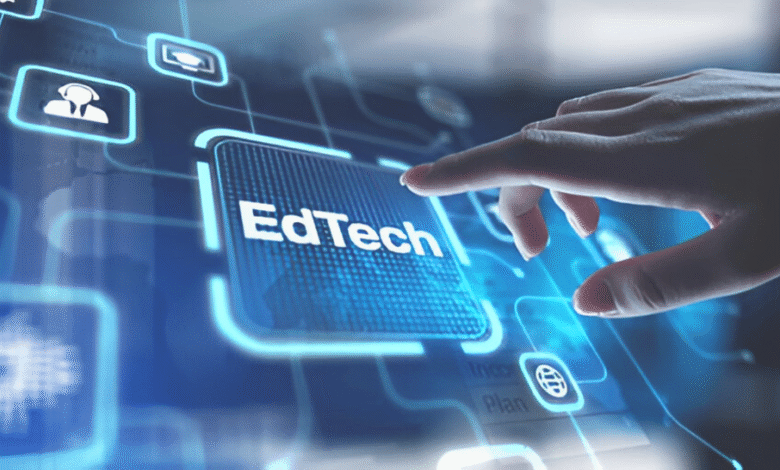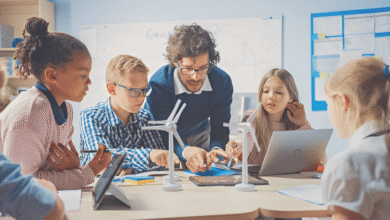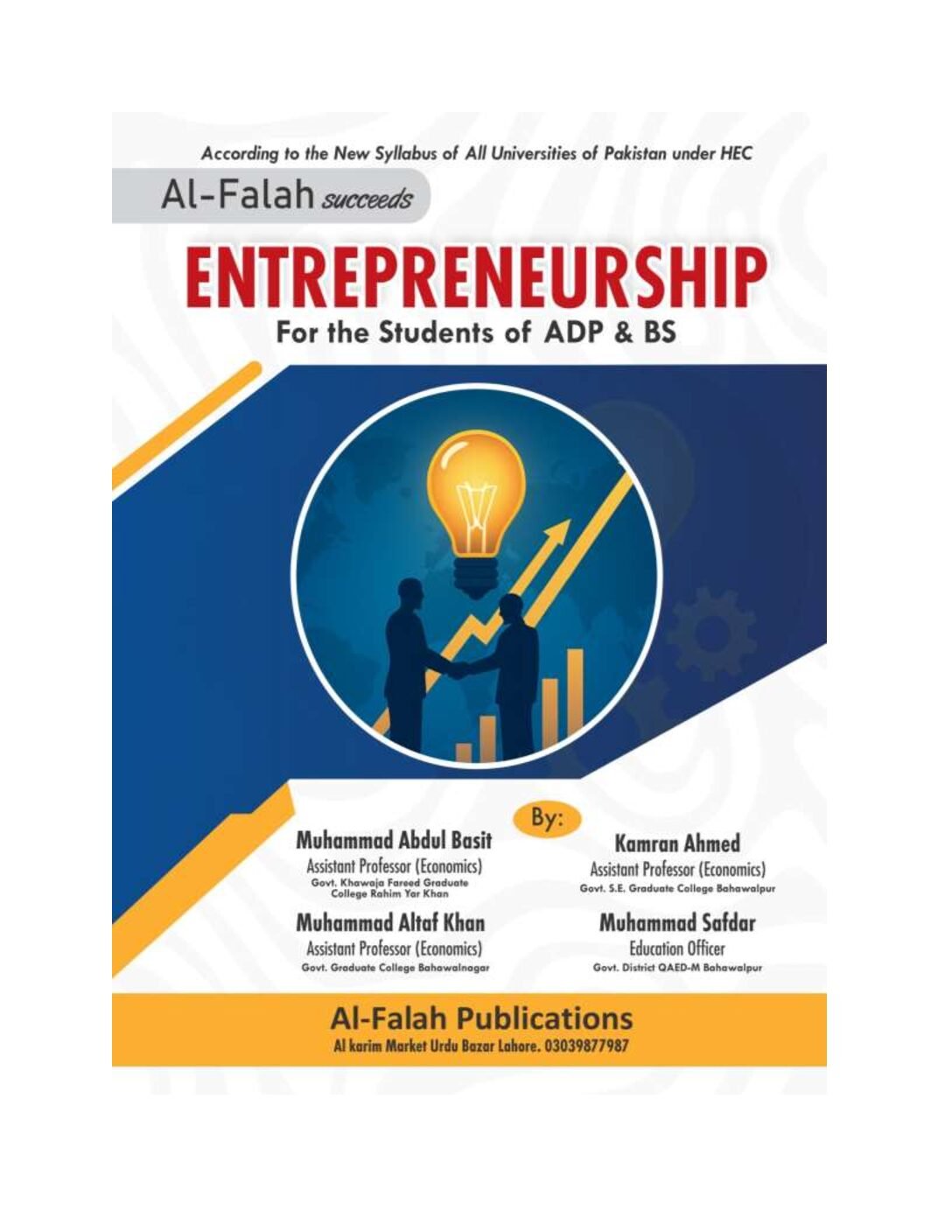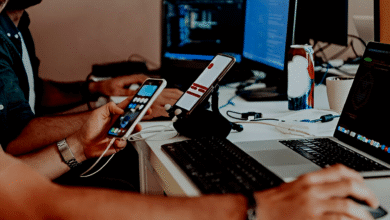How EdTech Is Transforming Social-Emotional Learning
EdTech for SEL is revolutionizing education. how AI and gamification enhance emotional intelligence and social skills in modern classrooms.

EdTech is revolutionizing the way students develop social-emotional learning (SEL) skills, creating a more holistic approach to education. As digital tools become increasingly integrated into classrooms, educators are leveraging AI-powered platforms, gamification, and virtual reality to teach empathy, self-regulation, and collaboration. Unlike traditional methods, technology-driven SEL programs provide interactive, personalized, and scalable solutions that meet the diverse needs of today’s learners. This shift is not just enhancing academic performance but also equipping students with essential life skills for emotional and social well-being.
The demand for SEL in education has grown significantly, with schools recognizing its impact on mental health and long-term success. EdTech bridges gaps by offering immersive experiences such as VR simulations for empathy training or adaptive apps for emotional regulation that make learning engaging and effective. As technology continues to evolve, its role in fostering emotional intelligence and interpersonal skills will become even more critical, ensuring students thrive in both digital and real-world environments.
How EdTech Is Transforming Social-Emotional Learning
The Role of EdTech in Social-Emotional Learning
EdTech is transforming social-emotional learning by providing dynamic platforms where students can practice self-awareness, self-regulation, and relationship-building in engaging ways. Traditional SEL programs often rely on face-to-face interactions, but digital tools expand these opportunities beyond the classroom. For instance, interactive apps like ClassDojo and Zones of Regulation use gamification to teach emotional regulation, helping students identify and manage their feelings effectively.
Personalized Learning and SEL
One of the biggest advantages of EdTech in SEL is its ability to deliver personalized learning experiences. Every student has unique emotional and social needs, and adaptive learning technologies can customize content accordingly. Platforms like Nearpod and Peekapak use data analytics to adjust lessons based on a student’s emotional responses, ensuring that the material resonates with them. For example, if a student struggles with anger management, an AI-powered SEL app might suggest mindfulness exercises or role-playing scenarios to help them cope.
Gamification and Engagement in SEL
Gamification has emerged as a powerful tool in social-emotional learning, making abstract concepts like empathy and cooperation more tangible. Educational games such as Empathy World and Social Express use interactive storytelling to teach students how to navigate social situations. These games simulate real-life scenarios, allowing students to practice decision-making and emotional regulation in a safe, controlled environment. Research shows that gamified SEL programs increase student engagement by up to 60%. When students earn badges for demonstrating kindness or teamwork, they are more motivated to apply these skills in real life.
Virtual Reality and Immersive SEL Experiences
Virtual Reality (VR) is taking social-emotional learning to new heights by creating immersive simulations that build empathy and perspective-taking. Programs like Stanford’s Virtual Human Interaction Lab allow students to step into another person’s shoes, fostering deeper understanding of diverse emotions and experiences. For instance, a student might use VR to experience life as a refugee, enhancing their compassion and global awareness. These immersive experiences are particularly effective for students with autism or social anxiety, as they provide a low-pressure way to practice social interactions.
Challenges and Ethical Considerations
Despite its benefits, the use of EdTech for SEL comes with challenges. Data privacy is a major concern, as AI-driven platforms collect sensitive information about students’ emotions and behaviors. Schools must ensure compliance with COPPA and FERPA regulations to protect student data. Additionally, there’s a risk of over-reliance on technology, which could reduce face-to-face interactions essential for SEL. Balancing digital tools with human mentorship is crucial to maintaining authentic emotional development. Educators must also address the digital divide, ensuring that all students have equal access to SEL technologies.
The Future of EdTech and SEL
AI-Powered Emotional Intelligence Coaching
Future EdTech tools will use advanced AI algorithms to analyze speech patterns, facial expressions, and biometric data to provide real-time emotional feedback. These systems will offer personalized coaching, helping students recognize and regulate emotions more effectively.
Immersive VR for Empathy Training
Virtual Reality (VR) simulations will become more sophisticated, allowing students to experience diverse perspectives through interactive role-playing scenarios. Schools will use VR to teach conflict resolution, cultural awareness, and emotional resilience in controlled, realistic environments.
Wearable Tech for Mental Wellness Tracking
Smart wearables (like EEG headbands and stress-monitoring wristbands) will track students’ heart rate variability, stress levels, and focus states. Educators will receive alerts when students need SEL interventions, enabling proactive mental health support.
Gamified SEL with Adaptive Learning
Future gamification in SEL will feature dynamic storylines that adjust based on student choices, reinforcing skills like empathy, decision-making, and teamwork. AI will customize challenges to match individual emotional and social development needs.
Global SEL Collaboration Platforms
Cloud-based SEL platforms will connect students worldwide for cross-cultural social-emotional learning projects. AI translators and moderated forums will help learners practice communication, collaboration, and global citizenship skills in real time.
Predictive Analytics for Early Intervention
Machine learning models will analyze behavioral patterns to predict anxiety, bullying risks, or social isolation before issues escalate. Schools will use these insights to implement targeted SEL programs for at-risk students.
Neurofeedback for Self-Regulation Training
Emerging EdTech will incorporate neurofeedback tools that teach students to control brainwave activity, improving focus and emotional stability. These tools will be particularly impactful for students with ADHD or anxiety disorders.
Blockchain for Secure SEL Progress Tracking
Decentralized blockchain portfolios will allow students to own and share verified SEL skill credentials with colleges and employers, creating a lifelong record of emotional intelligence development.
AR-Enhanced Social Skill Practice
Augmented Reality (AR) glasses will overlay real-time social cues (like tone indicators or conversation prompts) to help neurodiverse students navigate interactions while gradually building independence.
Read More: Best SEL Activities to Boost Student Engagement & Mental Health
Conclusion
EdTech has undeniably reshaped the landscape of social-emotional learning (SEL), offering innovative solutions that make emotional and interpersonal skill development more accessible and engaging than ever before. From AI-driven emotional analytics to immersive VR experiences, technology is helping students cultivate crucial SEL competencies like empathy, self-awareness, and resilience. These advancements not only complement traditional teaching methods but also provide scalable ways to address the diverse emotional needs of learners in an increasingly digital world.
As we look to the future, the integration of EdTech in SEL promises even greater potential, with emerging technologies like biometric feedback and machine learning poised to deliver hyper-personalized emotional growth strategies. However, the true success of this transformation lies in maintaining a balanced approach—where technology enhances, rather than replaces, human connection and mentorship. By thoughtfully leveraging EdTech tools, educators can ensure students develop both the academic knowledge and social-emotional skills needed to navigate life’s challenges successfully.
FAQs
How does EdTech support social-emotional learning (SEL)?
EdTech enhances SEL through interactive tools like AI-powered emotion tracking, gamified learning apps, and VR simulations that teach empathy, self-regulation, and teamwork in engaging ways.
What are the most effective EdTech tools for SEL?
Top tools include ClassDojo for behavior tracking, Peekapak for storytelling-based SEL, and VR programs like Empathy at Work that provide immersive emotional learning experiences.
Can technology replace teachers in SEL development?
No while EdTech provides powerful SEL resources, human guidance remains essential for modeling emotional intelligence and offering personalized support in real-world situations.
What are the privacy concerns with EdTech for SEL?
Since SEL tools often collect sensitive emotional data, schools must ensure compliance with COPPA and GDPR, using only platforms with strong data encryption and parental controls.
How will AI shape the future of SEL in education?
Advanced AI and machine learning will enable real-time emotion recognition, adaptive SEL curricula, and predictive analytics to proactively support students’ mental health and social development.











